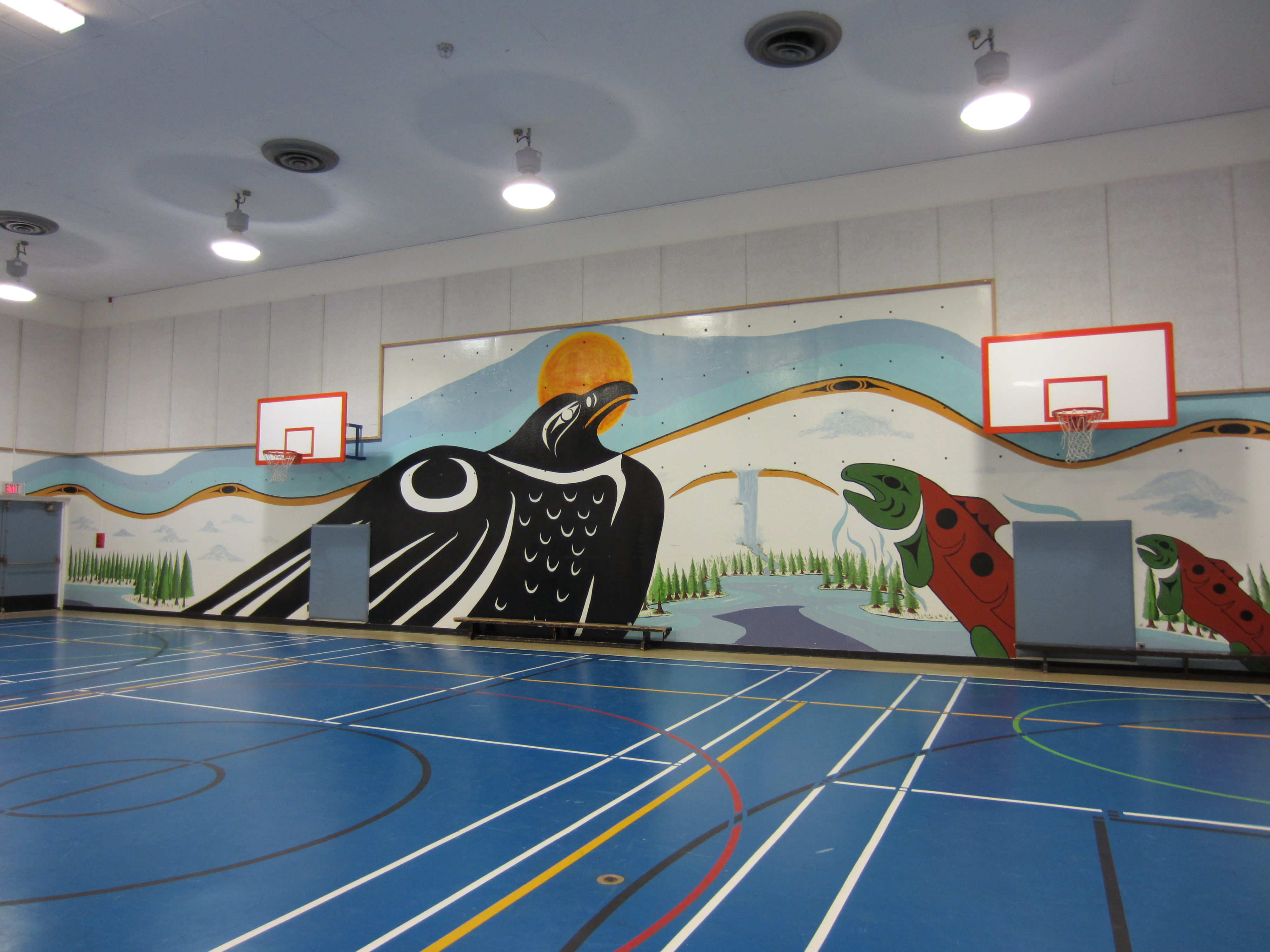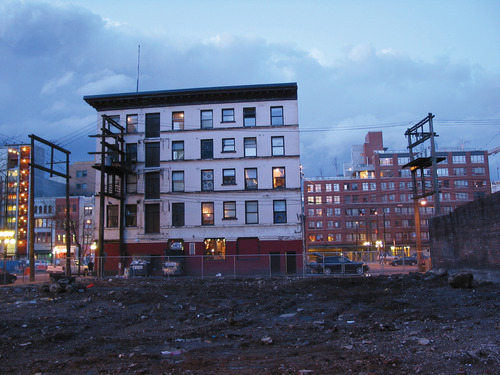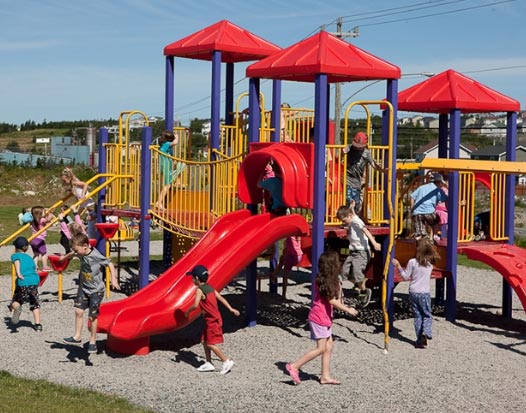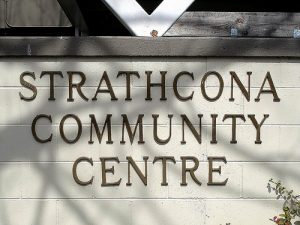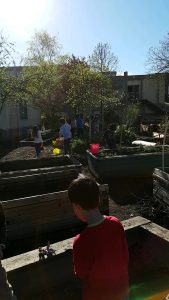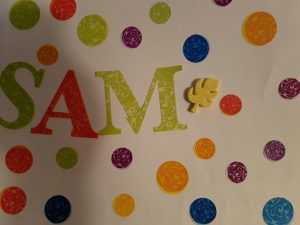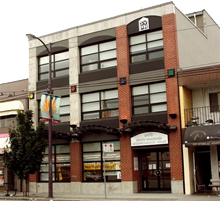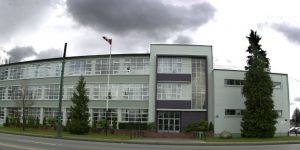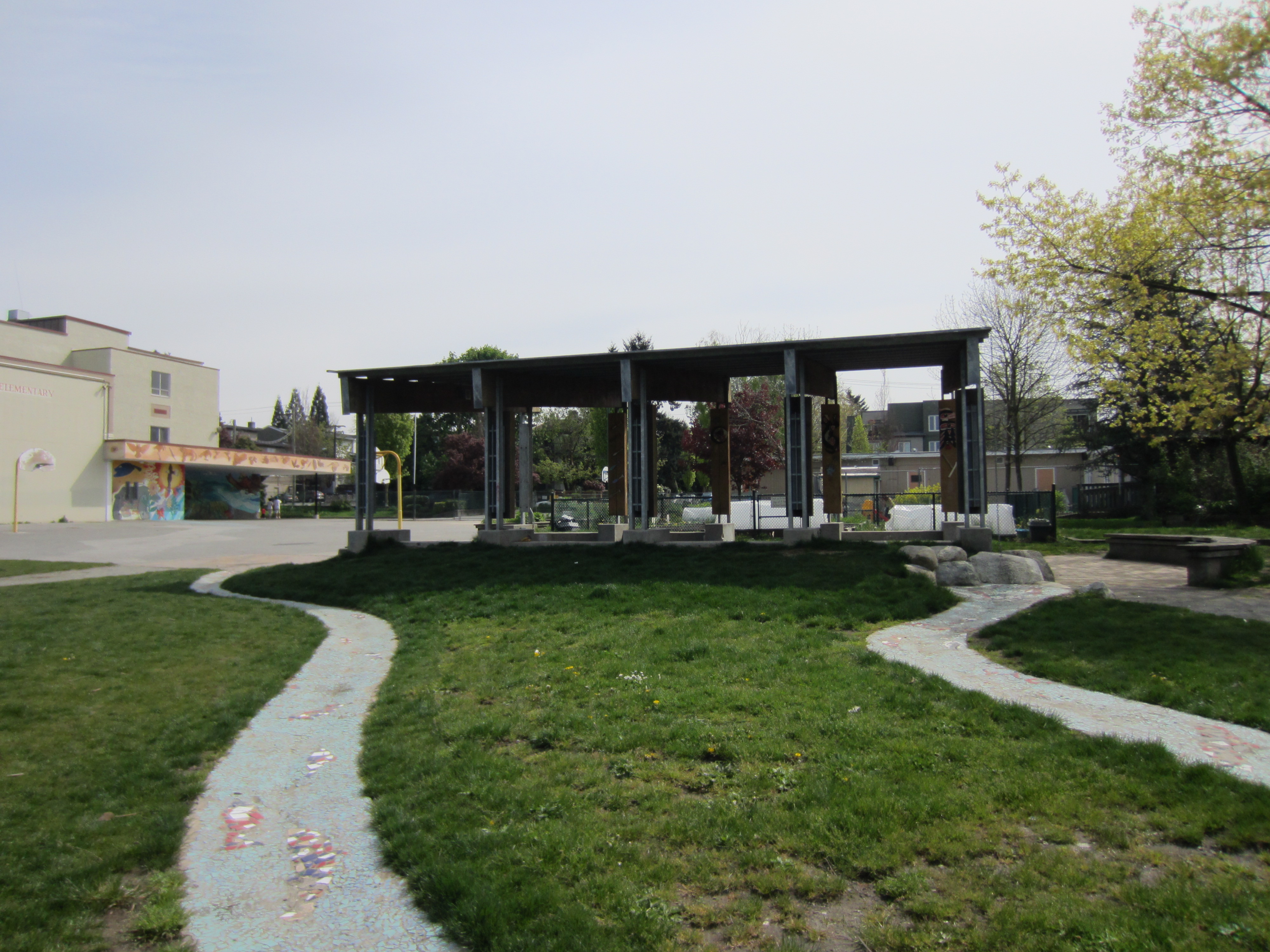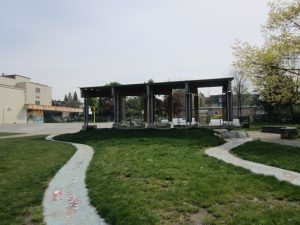Volunteering at Hastings Kids First (an after school program for mainly at-risk kids, grades 1-7) for the past two terms has been an adventure. Participating through the UBC Trek program has shown me what defines a community, and has allowed me to explore so many perspectives about society that I would not have otherwise been subject to. But to me, the connections created between individuals is what brought the most value to my experience. Interacting with the kids, and having fun with them not only helped participating, time-bound families (in relation to Hochschild’s “Time Bind”), but it also helps with the kid’s stress levels within their school and family lives.
I remember my first day of volunteering. Just like anyone in a new surrounding, I was nervous, shy, and unsure of what I actually had to do. So, having a child suddenly break down into tears (due to problems outside of the school environment), and watching one of the leaders comfort her, clearly didn’t help my growing panic. In that split second, 3 things happened… 1) I understood that my placement at Kids First was going to be more emotionally draining than just being an “extra pair of hands”, 2) I suddenly had inner thoughts of “why am I here?”, and “what did I get myself into?”–albeit only for the first week or so, and 3) I realized that having people–volunteers–who are willing to give up their time, energy, and emotional stability all for the sake of trying to help these kids, was exactly what the program needed (both theoretically and physically, due to the prevalent threat of being understaffed).
Within the couple of months after Christmas, a girl in grade 7 suddenly began to be more-or-less attached to me. As one of the more perceived “tough kids” to handle, her explosive personality and expressive voice had initially caused me to try and avoid her–mainly due to my selfish wish to not get involved. We had never talked before, but one day she came up to me unexpectedly and draped her arm through mine.
The more I got to know her, the more surprises I encountered. For what I thought to be an eccentric, loud, tough girl, became completely silent and lost when confronted with homework. The first time I sat down with her to help with her math, it was almost like I was sitting with a completely different person. It was as if she was overcome with feelings of stress, panic, and a general sense of being overwhelmed. It was at that moment that I had decided to try and make her smile every time I helped with her homework–if only to lessen her stress for only a couple of seconds. Even though I may have had a tough day, or I may not have been “in the mood”, seeing her (and all the other kids) smile made all my efforts completely “worth it”. It was instances such as these that made me feel the most alive.
I think that for me, it is the individual interactions that make up the most important aspect of my placement. Although I do believe it is essential to analyze and understand the broader issues that affect those in Kids First (as well as all other social programs in general), finding possible solutions (such as food security, housing security, job security, etc.) to those problems and influencing those involved is impossible without human interaction. And evidently, I think that it is these individual interactions that have impacted me and my worldly perspective the most.
I solved a Rubik’s Cube at Kids First once. It was almost the new “fad” among [mainly] the boys, with there being at least 5 Cubes being in the room at one time. But despite owning Cubes, most of the boys didn’t actually know how to solve them. I initially had a hard time getting to know the guys (compared to the girls), so I walked over to them and told them I could fix it. One of the guys looked at me, unbelieving, and told me I couldn’t. Well, I did. Since then, every week I volunteered, the only words he would teasingly say to me would be “you can’t solve a Rubik’s Cube”. This small, constant remark from him may seem insignificant (and possibly annoying for some), but to me it symbolized a connection between us–the idea that I had made such an impression, that he was willing to come up to me and talk.
Whether you are a student thinking about participating in TREK, an individual contemplating volunteering, or a person who just happened to stumble upon this blog, let me tell you one final thing… Taking care of, and watching over kids can be significantly emotionally draining. It does requires a lot of emotion management–while I cannot possibly count all the days where I had a bad day, tried to put a smile on my face, and attempted to genuinely converse and have fun with the kids. it is also an impossibility for me to count the instances where I had to try to keep my tears from falling off of my face, when confronted with kids who are crying due overwhelming feelings of frustration and anger, to their perceived inevitability of their own failure.
Being with these kids required patience, kindness, and understanding–basins of emotions that can possibly disappear quickly, against our better judgement. But in my personal opinion, seeing those kids genuinely smile, learn, and grow were the most valuable, precious moments that I have taken away from my experience. Without a doubt, volunteering at Kids First was completely “worth it”.
Whatever you, Reader, decide to do, and whatever choices you make, my suggestion would be to try and find something that you can put your time and effort into, and still feel that it was “worth it”. Being excited and passionate about what you do (whether it be volunteering or anything else) can help provide a sense of dedication that drives everyday life.
As for me, I’ll just be over here–fixing those Rubik’s Cubes.
